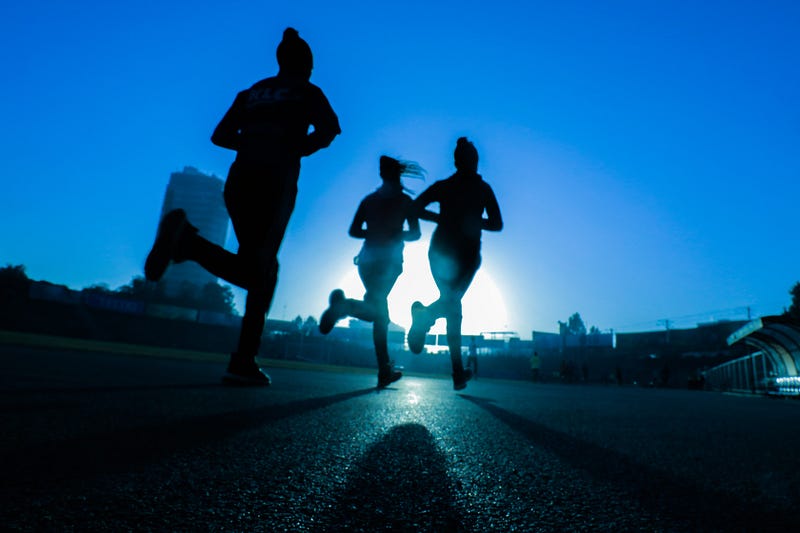Achieving Peak Performance in Sports: 4 Essential Principles
Written on
Chapter 1: Understanding Peak Performance
As I sit in my hotel room in Toronto, gearing up for a national badminton tournament, I find myself reflecting on how to achieve optimal results. Over recent months, junior players have frequently approached me, seeking advice on how to maintain composure and avoid nerves. Initially, I struggled to articulate a clear response, but after facing a disappointing defeat in a provincial tournament, the importance of understanding key principles became clear.
This experience taught me the need to grasp how to perform at my peak—not just to help others, but to ensure I can consistently replicate my best results. After a week of deep reflection, I believe I've identified some valuable insights.
Section 1.1: Manage Your Expectations
One of the primary reasons for my poor performance in the last tournament was the unrealistic expectations I set for myself. I had trained diligently, feeling confident that I could win, yet I played as if I hadn't improved at all.
Many athletes fall into the trap of thinking, “I should be able to perform better” or “I should defeat this opponent.” This mindset amplifies the pain of every mistake. While we all aspire to perform at our best, it's essential to recognize that such expectations can be counterproductive on competition day.
Instead, aim for high standards during practice but let go of those expectations when it's time to compete. The stress of a new environment, unfamiliar opponents, and an audience can be overwhelming enough without adding the weight of self-imposed pressure.

Section 1.2: Trust Your Subconscious
Malcolm Gladwell's concept of "choking" in sports has profoundly impacted my understanding of performance under pressure. Choking describes the phenomenon where an athlete fails to perform at their best, often making a series of mistakes in crucial moments.
In his work, Gladwell recounts how stress can lead to a loss of instinctive play. An example is Jana Novotna, who faltered at Wimbledon after overthinking her shots. Instead of relying on her instincts, she reverted to a more mechanical approach, causing her to stumble at a pivotal moment.
I've witnessed similar occurrences among young players who, despite normally aggressive play, become overly cautious under pressure. The key to overcoming this is to recognize that competitions are simply reflections of our practice. The goal of training is to reach a level of skill where actions become second nature.
When competing, allow your subconscious to guide you. If mistakes happen, resist the urge to consciously analyze and fix them during the match. Instead, focus on practicing more until your skills feel instinctual.
How to Develop a Peak Performance Mindset in Sports
This video explores the mindset needed for athletes to achieve peak performance, including practical tips and strategies.
Section 1.3: Avoid Blaming External Factors
It's challenging to succeed when you're angry or distracted. Yet, many athletes blame external conditions—like the arena's ceiling height, lighting, or equipment—when things don't go as planned. This blame game can lead to a cycle of frustration and underperformance.
Staying calm and composed is essential for optimal performance. Consider this: external factors won’t change, and your opponent is facing the same conditions. Instead of letting these factors dictate your performance, focus on what you can control—your reactions and mindset.
Chapter 2: Embrace the Present Moment
Why Every Athlete Needs a Pre-Performance Routine
This video discusses the importance of establishing a pre-performance routine to enhance focus and readiness before competitions.
If there's one takeaway from this discussion, it's that tournaments are merely opportunities to showcase your practice. You can't alter outcomes at the last minute, so relax and play to the best of your abilities. Concentrate on the present moment, as you can only fully experience what is happening now. Make the most of it and enjoy the journey.